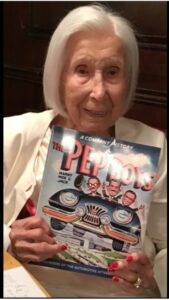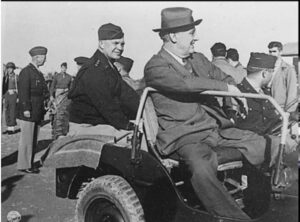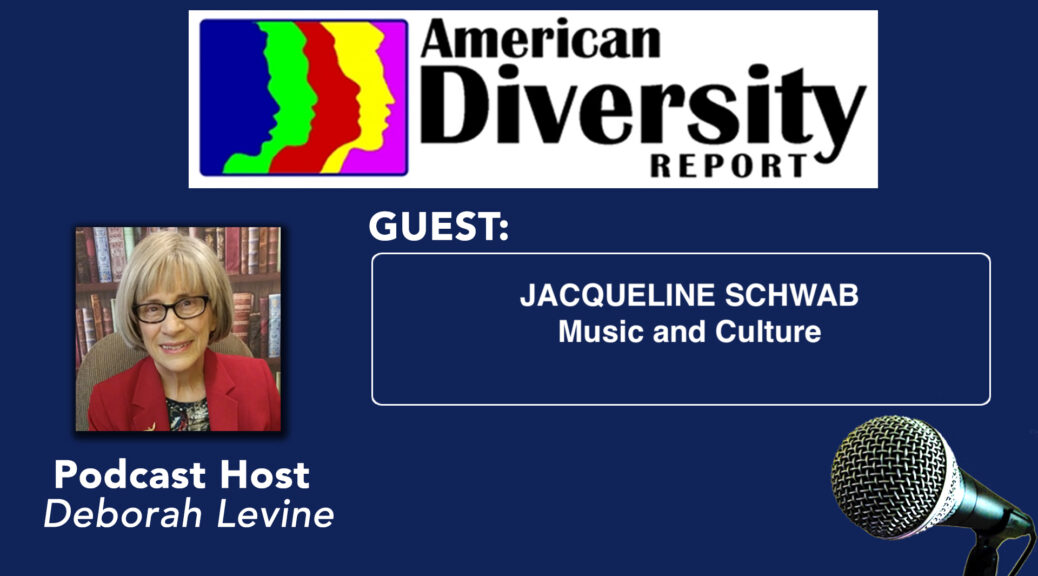As my parents exited middle age, they began receiving flyers and seeing ads about retirement living communities. It was as if they had entered a momentary pause in their lifeline. My father, Don, began talking with my mother about the items they should keep and things to get rid of. Then one day my mom, Fay, showed up with a brown paper bag of books by Dr. Spock on child raising.
After her first vodka gimlet, she told me she was giving me the bag of books she had been saving for me. Then after her second vodka cocktail, she confessed she just couldn’t part with them.
There was a pause. It was awfully long. We averted our eyes and scanned the room.
Then she quipped, “This was silly. I should be going.” Without comment, she rose and headed for the door. My wife and I were struck mute and motionless. Then my mom got up and wordlessly left. It was so unlike Fay.
I had been having this dream for several days as winter drew to a close in 2023. It turned out this early morning would be the last night I dreamt this story…It has now reached its conclusion…and so I write.
Continue reading Footprints In Time: Generation Reflections – by Martin Kimeldorf →




 Bea Franklin is a 98 year ‘young’ inspirational woman who is the daughter of The Pep Boys ‘Jack’ and wife of a World War II photographer. Bea is a breast cancer survivor & is still quite busy going on cruises, attending Broadway shows & UpScale NYC restaurants.
Bea Franklin is a 98 year ‘young’ inspirational woman who is the daughter of The Pep Boys ‘Jack’ and wife of a World War II photographer. Bea is a breast cancer survivor & is still quite busy going on cruises, attending Broadway shows & UpScale NYC restaurants.

 Pianist Jacqueline Schwab spins musical stories out of the myriad strands in the American quilt and with community music making at their heart. Her signature playing features in over a dozen of
Pianist Jacqueline Schwab spins musical stories out of the myriad strands in the American quilt and with community music making at their heart. Her signature playing features in over a dozen of 


